Teddy roosevelt bully for you – Teddy Roosevelt: Bully for You takes a fresh look at the larger-than-life 26th President of the United States. From his “Square Deal” domestic policies to his “Big Stick” foreign policy, Roosevelt’s legacy is a complex and fascinating one. This article explores the many facets of Roosevelt’s presidency, examining his strengths and weaknesses, his achievements and failures.
Roosevelt was a man of contradictions. He was a conservationist who loved the outdoors, but he was also a hunter who enjoyed killing animals. He was a progressive who fought for social justice, but he was also a racist who believed in the superiority of the white race.
He was a strong leader who expanded American power abroad, but he was also a bully who used his power to intimidate his opponents.
Historical Context
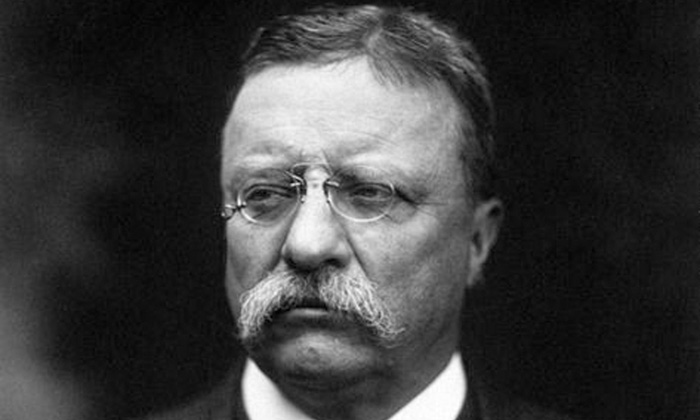
Theodore Roosevelt’s presidency was a time of significant political and social change in the United States. The country was rapidly industrializing, and the gap between the rich and the poor was growing. Roosevelt’s policies were designed to address these issues, and he often used his bully pulpit to advocate for the common man.
One of the most famous examples of Roosevelt’s bully persona was his intervention in the Coal Strike of 1902. When the mine owners refused to negotiate with the miners, Roosevelt threatened to send in the army to seize the mines.
Teddy Roosevelt’s “Bully for You” spirit extended beyond his presidency, inspiring generations to embrace challenges. Similarly, in the realm of real estate, understanding the concept of escrow deposit 3 days florida empowers buyers to navigate the complexities of property transactions.
Just as Roosevelt’s words instilled confidence, knowledge of escrow deposits equips homebuyers with the tools to make informed decisions and secure their dream homes.
This threat forced the mine owners to come to the bargaining table, and the strike was eventually settled.
Domestic Policies
Roosevelt’s domestic policies were focused on three main areas: conservation, regulation of big business, and social welfare.
- Conservation:Roosevelt was a strong advocate for conservation, and he established several national parks and monuments. He also created the United States Forest Service to manage the nation’s forests.
- Regulation of big business:Roosevelt believed that big businesses were too powerful and that they needed to be regulated. He passed several laws to regulate trusts and monopolies, and he created the Food and Drug Administration to protect consumers from unsafe products.
- Social welfare:Roosevelt was also concerned about the plight of the poor and the working class. He passed several laws to improve working conditions, and he created the Children’s Bureau to protect children.
Domestic Policies
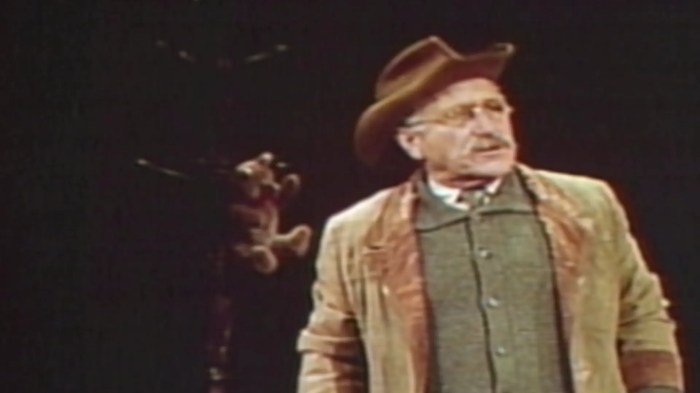
Theodore Roosevelt’s presidency marked a significant shift in the role of the federal government in domestic affairs. His “Square Deal” policy aimed to promote fairness and equity for all Americans, particularly those who had been left behind by the rapid industrialization of the late 19th century.
Antitrust Actions
Roosevelt’s antitrust actions were aimed at curbing the power of large corporations and monopolies. He believed that these entities stifled competition and exploited consumers. Under his leadership, the government filed numerous lawsuits against companies such as Standard Oil and American Tobacco, resulting in their breakup and the creation of smaller, more competitive entities.
Conservation Efforts, Teddy roosevelt bully for you
Roosevelt was a passionate advocate for conservation. He recognized the importance of protecting natural resources for future generations. During his presidency, he established numerous national parks and monuments, including Yosemite and the Grand Canyon. He also implemented policies to protect forests and wildlife, setting the foundation for modern environmental conservation efforts.
Foreign Policy: Teddy Roosevelt Bully For You
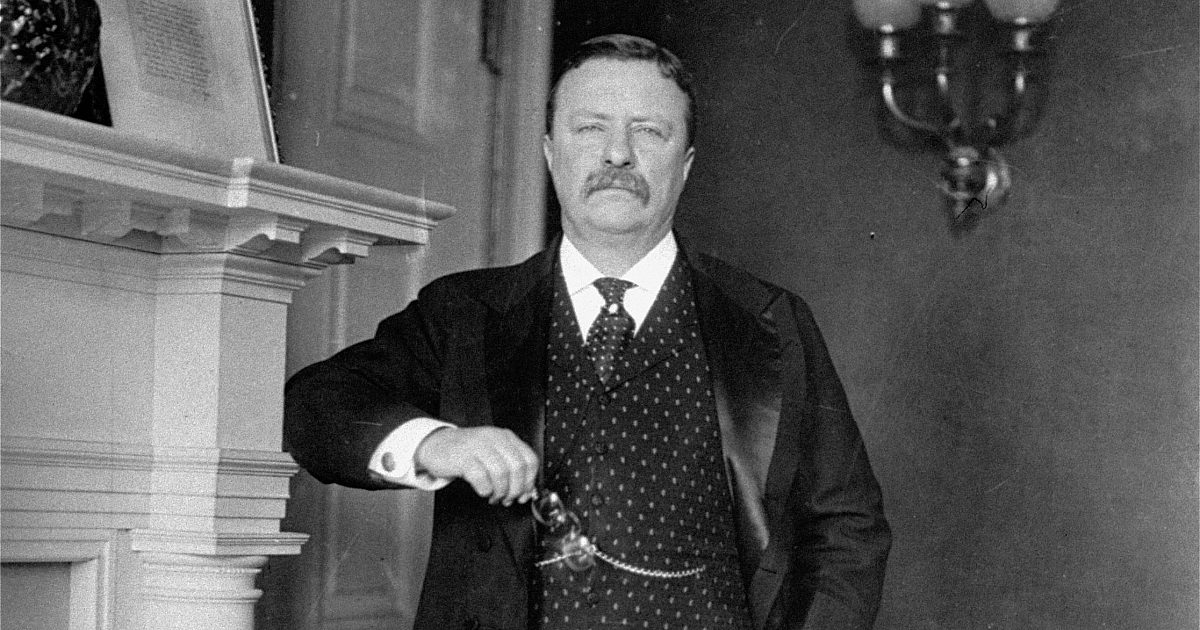
Theodore Roosevelt’s foreign policy was characterized by his belief in the United States’ responsibility to play an active role in world affairs. He pursued a policy of “Big Stick” diplomacy, which involved using military force to protect American interests in the Caribbean and Latin America.
One of Roosevelt’s most significant foreign policy achievements was the construction of the Panama Canal. The canal, which was completed in 1914, greatly reduced the time it took for ships to travel between the Atlantic and Pacific Oceans. This made it easier for the United States to project its power into both the Caribbean and the Pacific.
Roosevelt also played a key role in the Russo-Japanese War. He mediated peace talks between the two countries, and he helped to negotiate the Treaty of Portsmouth, which ended the war in 1905.
The “Big Stick” Diplomacy
Roosevelt’s “Big Stick” diplomacy was based on the belief that the United States should use its military power to protect its interests in the Caribbean and Latin America. Roosevelt argued that the United States had a responsibility to maintain order in the region, and he was willing to use force to do so.
Roosevelt’s “Big Stick” diplomacy was applied in a number of cases, including the following:
- In 1903, Roosevelt sent warships to Panama to support a revolution that led to the creation of the Republic of Panama. The United States then negotiated a treaty with Panama that gave the United States the right to build and control the Panama Canal.
- In 1904, Roosevelt sent warships to the Dominican Republic to prevent a revolution. The United States then established a protectorate over the Dominican Republic, which lasted until 1924.
- In 1909, Roosevelt sent warships to Nicaragua to support a revolution that led to the overthrow of the Nicaraguan president. The United States then established a protectorate over Nicaragua, which lasted until 1933.
Roosevelt’s “Big Stick” diplomacy was controversial, but it was generally successful in achieving its goals. The United States was able to maintain order in the Caribbean and Latin America, and it was able to secure its interests in the region.
The Panama Canal
The Panama Canal is a 48-mile (77 km) ship canal in Panama that connects the Atlantic and Pacific Oceans. The canal was built by the United States between 1904 and 1914, and it has been in operation ever since.
The Panama Canal is one of the most important shipping routes in the world. It allows ships to travel between the Atlantic and Pacific Oceans without having to sail around South America. This has saved time and money for shippers, and it has made it easier for the United States to project its power into both the Caribbean and the Pacific.
The Panama Canal is a major strategic asset for the United States. It allows the United States to quickly move ships between the Atlantic and Pacific Oceans, and it gives the United States a significant advantage in any conflict in the region.
The Russo-Japanese War
The Russo-Japanese War was a war fought between Russia and Japan from 1904 to 1905. The war was caused by a dispute over control of Manchuria, and it resulted in a Japanese victory.
Roosevelt played a key role in the Russo-Japanese War. He mediated peace talks between the two countries, and he helped to negotiate the Treaty of Portsmouth, which ended the war in 1905.
Roosevelt’s role in the Russo-Japanese War was significant. He helped to end the war, and he prevented it from escalating into a larger conflict.
Personal Characteristics
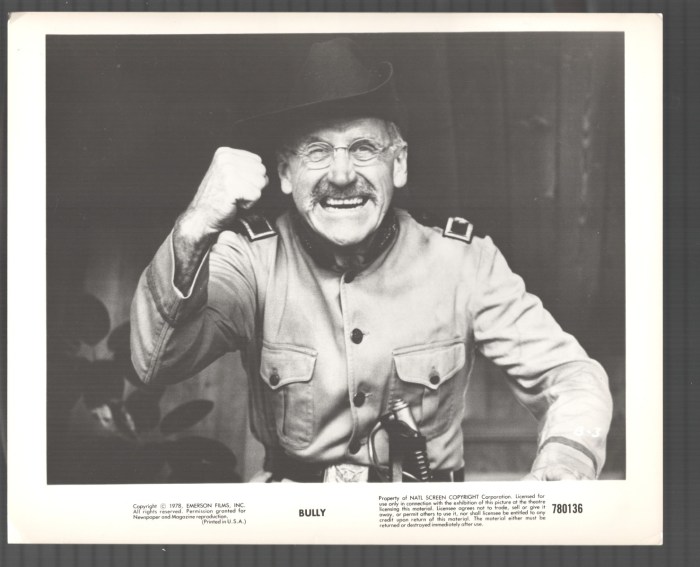
Theodore Roosevelt was a complex and charismatic figure whose personality traits had a profound impact on his presidency. He was known for his boundless energy, determination, and love of adventure.
Leadership and Charisma
Roosevelt was a natural leader who inspired loyalty and admiration from his followers. He was a gifted orator who could connect with people on a personal level. His charisma and charm made him a popular figure both at home and abroad.
Love of the Outdoors
Roosevelt had a deep love of the outdoors and spent much of his time hunting, fishing, and camping. His experiences in nature shaped his conservation policies and led him to establish national parks and forests to protect the country’s natural heritage.
Determination and Perseverance
Roosevelt was known for his determination and perseverance in the face of adversity. He overcame physical challenges, including asthma and near-sightedness, to become a successful soldier, statesman, and explorer. His motto, “Speak softly and carry a big stick,” reflected his belief in the importance of being prepared to use force when necessary.
Legacy and Impact
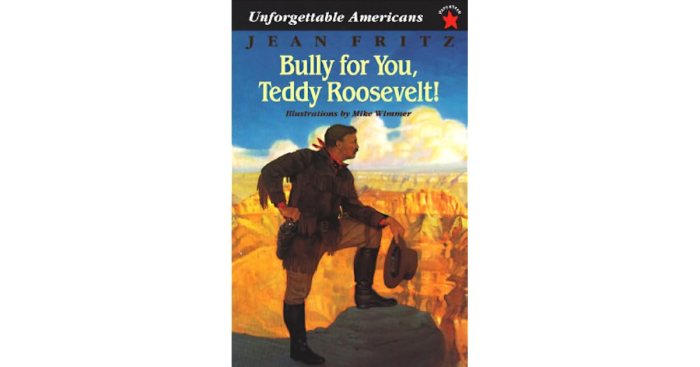
Theodore Roosevelt’s presidency had a profound and lasting impact on American history and politics. His “bully” persona, characterized by his aggressive foreign policy and unwavering belief in American exceptionalism, shaped his presidency and its lasting effects.
Achievements
- Strengthened the American military, leading to the creation of the Great White Fleet and the establishment of a permanent naval presence in the Pacific.
- Expanded the national park system and established the U.S. Forest Service, conserving vast areas of wilderness.
- Brokered the end of the Russo-Japanese War, earning him the Nobel Peace Prize.
Criticisms
- His aggressive foreign policy, particularly in Latin America and the Caribbean, was seen as imperialistic and led to increased tensions with other nations.
- His domestic policies, such as the Sherman Antitrust Act, were criticized for being too harsh on big business.
- His “bully” persona alienated many Americans, who felt that he was too assertive and confrontational.
Bully Persona
Roosevelt’s “bully” persona both aided and hindered his presidency. His aggressive stance on foreign policy allowed him to achieve significant diplomatic victories, but it also alienated many Americans and foreign leaders. His domestic policies, such as the Sherman Antitrust Act, were seen as too harsh by some, but they also helped to break up monopolies and promote competition.
Ultimately, Roosevelt’s “bully” persona was a complex and contradictory force that shaped his presidency and its lasting effects.
Common Queries
Was Roosevelt really a bully?
Yes, Roosevelt was known for his bullying behavior. He often used his power to intimidate his opponents and get his way. He was also known for his temper and his willingness to use violence.
What was Roosevelt’s “Square Deal”?
The “Square Deal” was Roosevelt’s domestic policy agenda. It had three main goals: conservation of natural resources, control of corporations, and consumer protection.
What was Roosevelt’s “Big Stick” foreign policy?
The “Big Stick” was Roosevelt’s foreign policy doctrine. It stated that the United States should use its military power to protect its interests in the Western Hemisphere.
